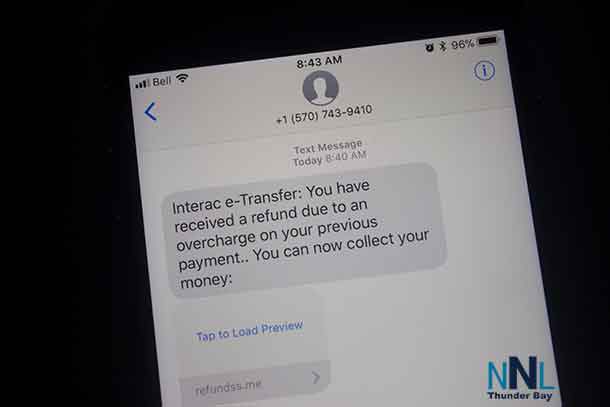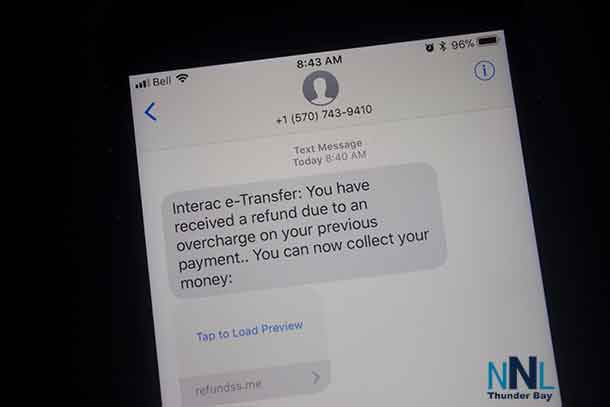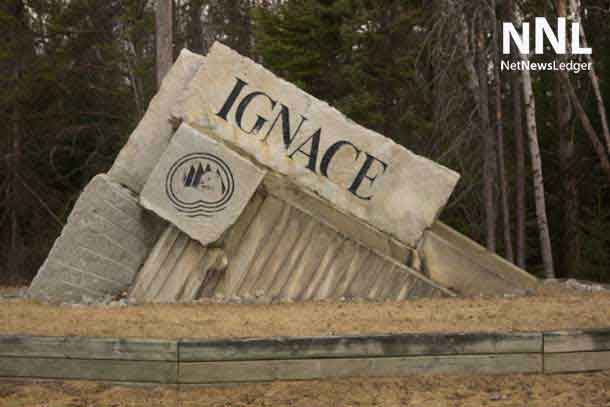
Collaboration among business and all levels of government can mean more secure transactions and a significant drop in identity theft
By Allan Bonner
and Brennen Schmidt
CALGARY – It’s easier than ever to spend money. In fact, it’s become quite fashionable.
Take Apple Watch. Pressing twice on the side of the device lets the user choose a virtual credit card of choice. The user completes the transaction simply by positioning the wrist near a card reader.
It’s a win-win. The person spending the money gets to flaunt the latest, greatest and shiniest piece of technology, and the merchant gets the sale.
But, in Apple’s case, Apple Pay links a user’s actual card to a completely different set of numbers – using the same card-issuer. It does this to protect its users. It’s a decoy.
This kind of technology may put an end to card theft and fraudulent transactions. It may also put an end to skimmers, the thieves who manufacture homemade devices to capture a user’s card number and PIN.
Users can become victims at convenience stores, gas stations – almost anywhere. Thieves have even managed to compromise ATMs at financial institutions.
This simply shouldn’t be taking place in 2017. Banks and lenders have some serious catching up to do.
The information technology sphere is a model for how important transactions should take place.
There’s often more security needed to pick up a package than to take $800 out of a bank machine. Some companies require office workers to tap their ID badge to a reader. This triggers entering a personalized PIN or the need to enter a randomly-generated code to get going.
This is known as multi-factor authentication. Its premise is simple: you prove who you are (identity) by demonstrating what you know (a password or security answer), based on a confirmation of what you have (a mobile device).
Bank and credit card transactions only require the user to present their card (what they have) and prove what they know (a PIN).
Advancements in technologies like machine learning are carefully taking note of user behaviours. In fact, companies including Microsoft and IBM are already putting their systems to work – keeping track of user behaviours, including keystroke patterns, time and location.
We need all the privacy protection we can get. We also need the financial sector and all business sectors to establish strategic partnerships with federal, provincial and local governments.
Why? Governments know how to account for and keep track of people. It would only make sense to leverage these secure connections. Governments also have to move around sensitive information about health, pensions and so on.
Collaboration among business and all levels of government can mean more secure transactions and a significant drop in identity theft. We also need better privacy laws controlling who gets to share what with whom.
Ideally, banks would have less fraud to deal with, the government would collect the right amount of taxes and perhaps we’d have health cards matched to the exact number of eligible citizens.
Apple and other leading companies will continue to play a significant role in marketing safer and easier methods for users to make purchases. Governments need to work with these companies.
Dr. Allan Bonner, MSc, DBA, is a crisis manager based in Toronto. His forthcoming book is Cyber City Safe. Brennen Schmidt (BEd, Certified PR, CUA) is principal of the ALEUS Technology Group, a boutique digital communications firm in Regina.
© 2017 Distributed by Troy Media
The views, opinions, and positions expressed by all columnists and contributors are the author’s alone. They do not inherently or expressly reflect the views, opinions and/or positions of NetNewsLedger.







